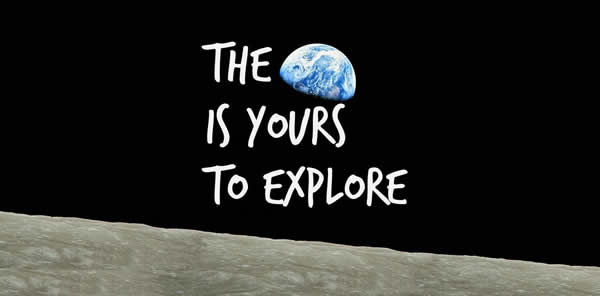Submitting proposals: is it worth the effort?

Hectic times …
May 30, 2009
The results of the effort…
September 1, 2009Astronomy, like any other science, works under the system of peer-review. It means that nothing is published in a prestigious journal without having the external examination of at least one specialist in the field, a person who is not connected directly with the research described in the paper. The same system is valid for the observing proposals. Most observatories (at least the important ones) have a panel of experts which read all the submitted proposals and grade them, granting time to the best and feasible ideas. See Franck Marchis’ description about how it works with the European Southern Observatory. The goal is to try to remove subjectivity (difficult, since we are humans) and to make the best out of the available observing time.
So, now to the question formulated in the title…
At least in this occasion I have been lucky, or very good, or the Olympic gods have smiled at my team. In the same day we have received the answer from Calar Alto, La Palma (both in Spain) and Subaru (Hawaii, USA) and we have received a fair amount of nights in this telescopes, including the newest and hopefully most powerful in the optical and near-IR from the ground: the Spanish 10, GTC.
I guess next Fall I will be busy observing…
Yes, it has been worth it.

2 Comments
Congratulation David.
I had one night at Keck in August. I did not ask for time on any other 8-10m class telescopes this semester. Trying to process my data before getting new ones 🙂 I will post a discussion about the OPC meeting in a few days. It was interesting…
Hi,
We have just added your latest post “Submitting proposals: is it worth the effort?” to our Directory of Science . You can check the inclusion of the post here . We are delighted to invite you to submit all your future posts to the directory and get a huge base of visitors to your website.
Warm Regards
Scienz.info Team
http://www.scienz.info